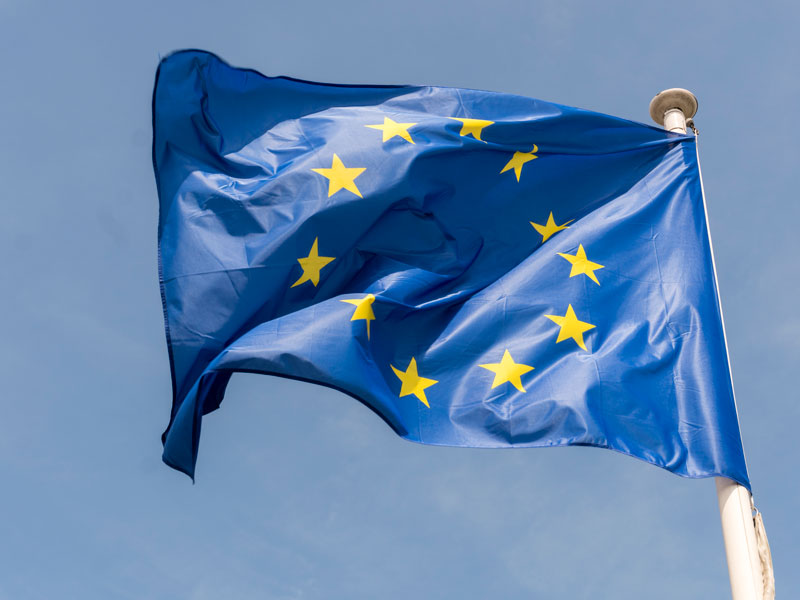Controversial copyright legislation passed by European Parliament
A new copyright directive, which was approved by European policymakers on March 26, has been the subject of much criticism

European lawmakers successfully approved the directive into law by 348 votes to 274, although many of its opponents argue that it damages internet freedom
A much-debated directive that introduces sweeping changes to copyright enforcement has been approved by European lawmakers, despite heavy opposition from technology platforms such as Google and YouTube.
It has been delayed on several occasions due to rejection of certain elements of the text from a range of EU countries
The European Copyright Directive was voted into law by 348 MEPs on March 26. 274 MEPs opposed the bill.
Copyright legislation was first introduced by the European Parliament in 2001, with the aim of protecting intellectual property and ensuring that content producers were appropriately remunerated for their work. In 2012, the European Commission concluded that the existing legislation was not satisfactory in the face of digital market changes, and sought an update to the directive.
Work began to draft a new directive in 2014, but it has been delayed on several occasions due to rejection of certain elements of the text from a range of EU countries. Articles 11 and 13 have been particular points of contention, not solely for European governments, but also for tech giants and internet freedom activists.
Article 11, known as the ‘link tax’ by opponents, compels platforms such as Google to pay licensing fees to publications whose work is aggregated by services like Google News. Many publishers and content creators support this article, claiming that it will put an end to their work being re-published for free and without consent on other sites.
Article 13, referred to as the ‘upload filter’ by critics, requires sites that host user-generated content to take steps themselves to prevent copyrighted material from being uploaded without permission. This effectively shifts much of the onus for copyright prevention from the person sharing the content, to the platform on which it is shared. Under this legislation, platforms could be held liable for users’ copyright violations.
The latter article has been the target of significant vitriol from companies such as Google and Amazon, which have condemned the measure for making their business models unworkable. Both had also threatened to shutter their European operations if the directive was passed.
In a bid to appease critics, European lawmakers made a number of small changes to the two controversial articles earlier this year, which included creating a list of exemptions to Article 13. It is not yet clear how these exceptions will be integrated into content filters on technology platforms.
Google described the tweaked legislation as “improved” but said it “will still lead to legal uncertainty and will hurt Europe’s creative and digital economies”.
In a statement, the tech giant added: “The details matter, and we look forward to working with policy makers, publishers, creators and rights holders as EU member states move to implement these new rules.”
Not all campaigners were satisfied with the changes, however. MEP Julia Reda, who has been one of the most vocal critics of the legislation, described March 26 as “a dark day for internet freedom”.
The directive must be approved by the Council of the European Union before it can pass into law. A vote is expected in mid-April.













